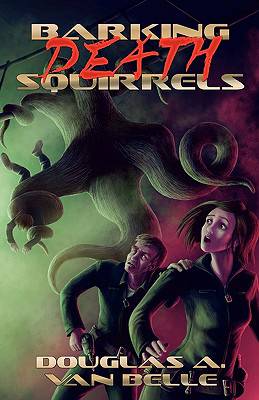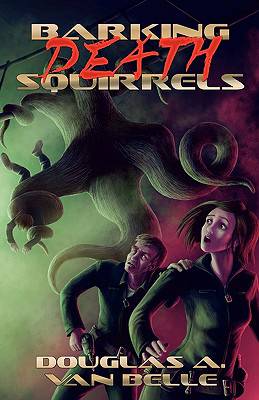
- Retrait gratuit dans votre magasin Club
- 7.000.000 titres dans notre catalogue
- Payer en toute sécurité
- Toujours un magasin près de chez vous
- Retrait gratuit dans votre magasin Club
- 7.000.0000 titres dans notre catalogue
- Payer en toute sécurité
- Toujours un magasin près de chez vous
Description
In a far distant future, humans have become the rodents of the galaxy. Infesting the walls of nearly every ship that trades across the stars, thriving at the bottom of gravity wells that are too deep for the massive predatory species that rule the sky, they occupy a precarious niche as neither predator nor prey. But the place of humans in galactic civilization is the furthest thing from Constance's mind. Driven to the point of despair by a crusty old boss who is so infuriating he might very well be the embodiment of the universe's perfect jackass, she is overwhelmed by the demands of her engineering apprenticeship. She has no reason to think that the aliens on incoming ship want anything more than to barter some cheap machine parts from the vermin they derisively call barking squirrels. None of the big uglies would ever subject themselves to the discomfort of a full G. At least... they never had before. Barking Death Squirrels is a remarkable first novel from one of New Zealand's hottest SF writers, winner of Best New Talent in the 2007 Sir Julius Vogel Awards for his short stories and shortlisted for SJV Awards every year since. "...it is a pleasure to read a book that has been so deeply and intelligently thought through... Barking Death Squirrels is a complex, thoughtful novel which will leave the reader pondering our future." - Phillip Mann (Master of Paxwax, A Land Fit for Heroes) "At first glance, Barking Death Squirrels appears to be old-fashioned 'problem solving' science fiction. But Douglas Van Belle's attention to - and affection for - his characters transcends the familiar paradigm... The result is more engaging than most of its predecessors in the genre." - Stephen R. Donaldson (The Chronicles of Thomas Covenant, the Gap series)
Spécifications
Parties prenantes
- Auteur(s) :
- Editeur:
Contenu
- Nombre de pages :
- 280
- Langue:
- Anglais
Caractéristiques
- EAN:
- 9780473175399
- Date de parution :
- 20-11-10
- Format:
- Livre broché
- Format numérique:
- Trade paperback (VS)
- Dimensions :
- 129 mm x 198 mm
- Poids :
- 276 g

Les avis
Nous publions uniquement les avis qui respectent les conditions requises. Consultez nos conditions pour les avis.






